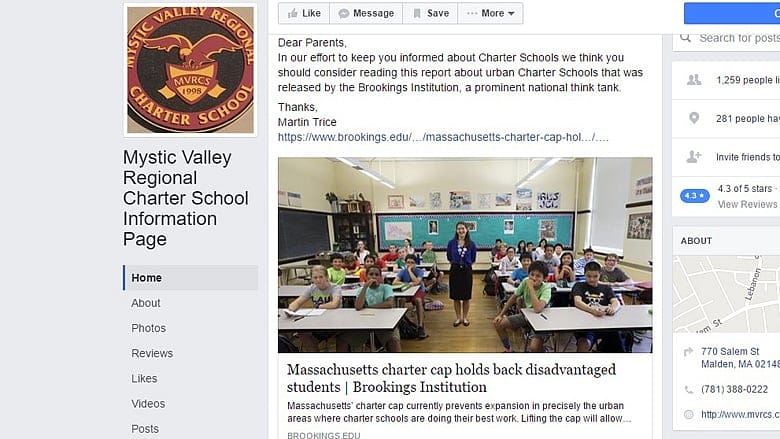Teachers openly campaigning for and against Question 2

BOSTON – The political debate surrounding charter school expansion is playing out in classrooms across the Commonwealth, with teachers from traditional public schools and public charter schools openly campaigning on both sides of a ballot initiative that would expand the number of Massachusetts charters, the Boston Globe reported last week.
Currently, there are 78 public charter schools in Massachusetts. If approved, Question 2 would allow the state to grant 12 new charters a year.

